- Michel Lévy, Paris 1880, 15,5x23,5cm, relié. - HUGO Victor Religions et religion First edition. Contemporary half red shagreen over marbled paper boards, (a few discreet repairs), spine in six compartments, date to foot, marbled paper-lined endpapers and pastedowns, covers preserved, top edge red. A very handsome autograph inscription signed by Victor Hugo to Alphonse Daudet. Mrs. Daudet's collection stamp to first endpaper. Victor Hugo represented for Alphonse Daudet, as for the other writers of his generation, the incontestable master of the Pantheon of the arts. His benevolent attention runs through Daudet's work, often listed side by side with Rousseau, Byron, Sand and Delacroix. If during Daudet's childhood and youth, Hugo, an exile of enormous stature in Guernsey, remained a distant ideal, "almost above humanity", his return to France allowed him finally to meet the master. Around 1875, just after his first works appeared, Alphonse and Julia Daudet were thus invited to Hugo's house; Hugo was living with Juliette Drouet at the time. From then on, they become frequent visitors to the house right up to the poet's death. Hugo helped with the young Léon Daudet's education, his grandson Georges' best friend and, later, for a short while, Jeanne's husband. In her Souvenirs d'un cercle littéraire [Memories of a Literary Circle], Julia Daudet talks of their friendship of ten years with "the idol of lyric France": "I can see Victor Hugo at the end of his great table: the aged master, a little cut off, a little deaf, presiding with god-like silence, the little absences of a genius on the verge of immortality. His hair all white, his face colorful, and his eyes like an old lion's that would occasionally flash with ferocious bursts of force. He is listening to my husband and Catulle Mendès, between whom there is a very animated discussion on the subject of the youth and celebrity of famous men and their charm for women.During the debate, we moved through to the salon, with Hugo musing beside the fire, famous, omni-present and a demi-god, but perhaps still missing his youth a little, as Mme Drouet sleeps softly." The friendship between this great Romantic writer and one of the masters of the nascent naturalist school is testimony to Hugo's sharpness who, even during his glory days, preserved a special and benevolent attention for modern literature, no matter how far removed it was from his own lyricism. This inscription from Hugo to Daudet on a work considered - along with Le Pape [The Pope] and La Pitié suprême [The Supreme Compassion] - a "philosophical testament" by Henri Guillemin, resonates strongly, the passing of the writer's political and moral responsibilities to a devoted disciple. Provenance: Alphonse Daudet, his sale at Sicklès (1990, IV, n°1200) then Philippe Zoummeroff's sale (2 Avril 2001). An extract from Memories of a Literary Circle by Julia Daudet : "How could I forget that first visit to his, in the rue de Clichy, in a modest apartment so out of proportion to his glory, to the image of his glory that we had, which would have filled entire palaces. He got up out of his chair beside the fire, opposite Madame Drouet, his old friend.I was shocked by how small he was but soon, after he had greeted me and begun talking to me, I felt him very big indeed, very intimidating. And this timidity that I felt then, I would always feel towards him, the result of my great admiration and respect, something akin to that for an absent god, that my parents had inculcated within me for inspired poets. I could never overcome that wobble in my voice whenever I would reply to his kind words, and I was shocked to hear women, over the course of almost ten years, when admitted to his presence, regale him with their personal matters and their everyday chatter. That evening, when he had introduced me, all in a flutter, to Madame Drouet, she said to me with her most charming grace: 'This is the old people's bit, you know, and you'r
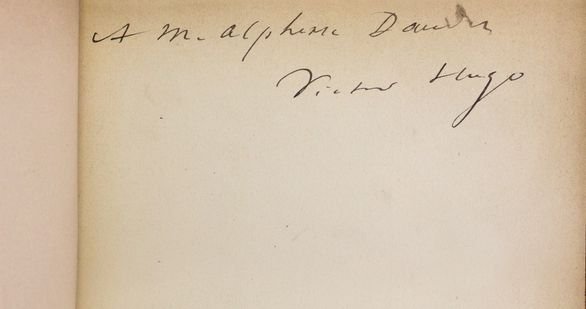
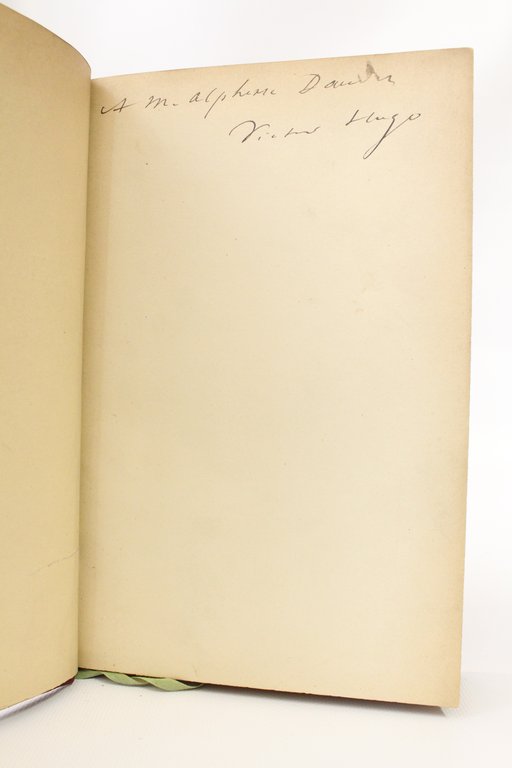
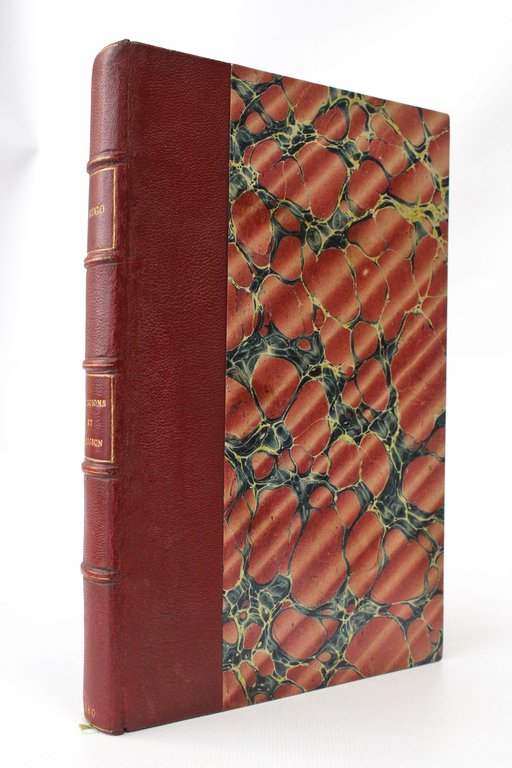
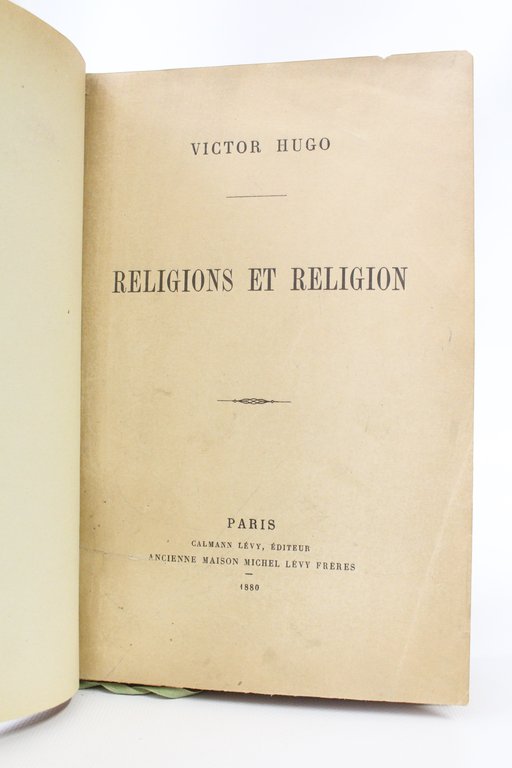
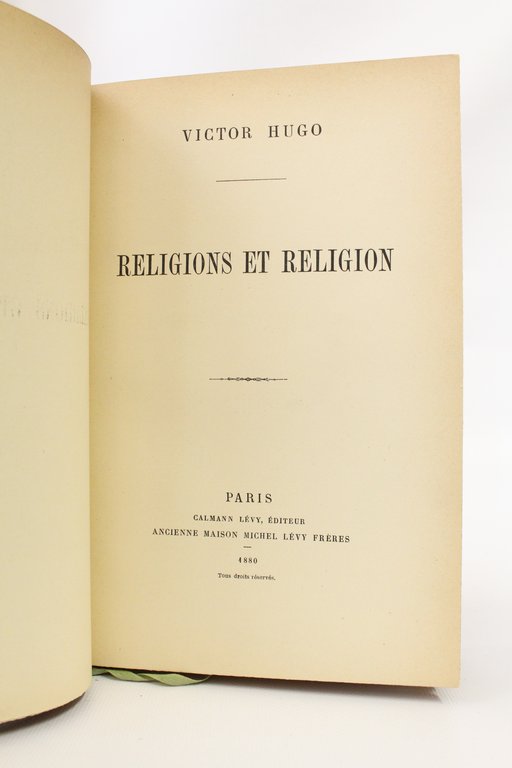
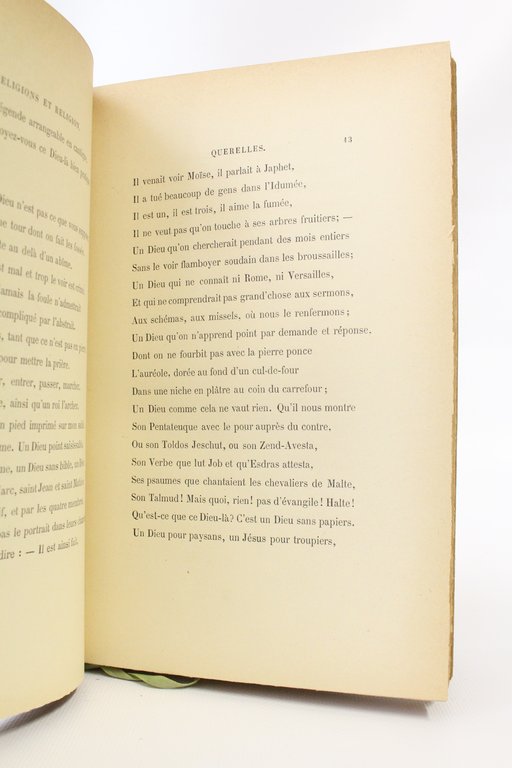
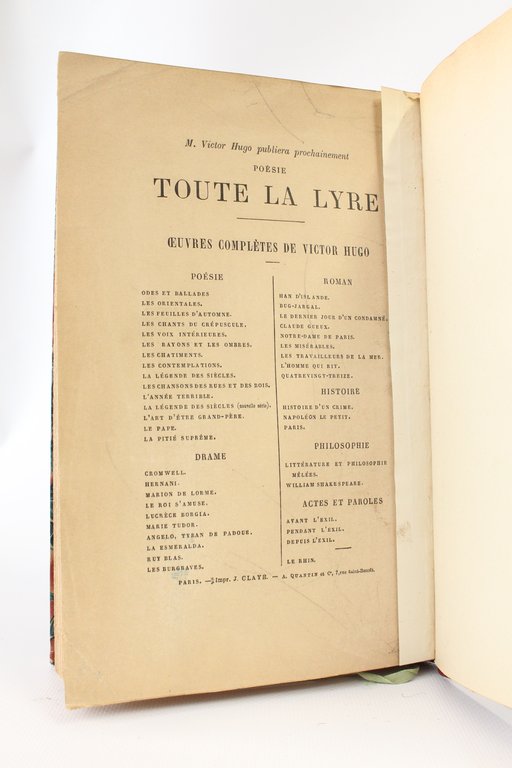
Find out how to use
Find out how to use
